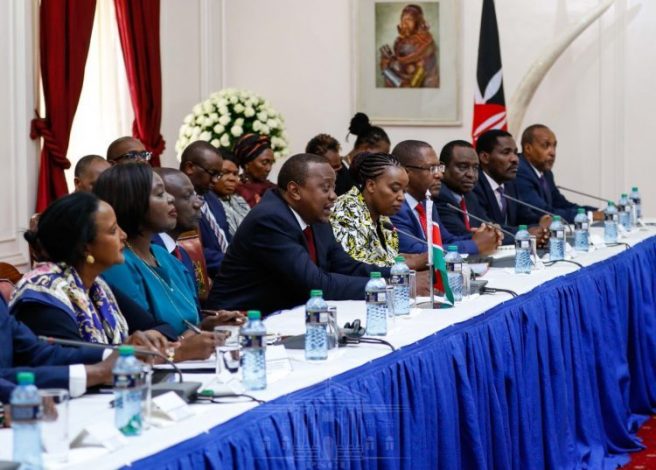The Kenyan Government has said every individual must pay taxes in accordance with their wealth. This is the latest move targeting High Net Worth Individuals (HNWIs) in Kenya.
“High net worth persons whose lifestyles are not reflective of the taxes that they pay must be compelled to demonstrate the source of their wealth and to contribute their share of taxes accordingly,” President Uhuru Kenyatta said on Thursday.
The President said besides having taken measures to broaden the tax base, the country’s tax base was significantly low, “As a consequence, we have in the recent past taken steps to widen the tax base and seek the implementation of more broad-based taxes as a means of bringing more Kenyans into the tax net,” Uhuru said.
According to the Kenyan Vision 2030, the Kenya Revenue Authority “Will enhance its strategy to identify and tax HNWIs and work with other jurisdictions through tax information exchange agreements to conduct joint audits of HNWIs.”
In October 2018, KRA was ordered to conduct lifestyle audits on high-net-worth individuals who live lavish lifestyles yet pay little taxes.
“High net worth individuals whose lifestyles are not reflective of the taxes they pay if any must be compelled to demonstrate their sources of wealth and to contribute their share of taxes accordingly,” The Head of State had said adding that “Towards this end, the use of technology as an enabler is an immediate necessity and KRA must incorporate cutting edge technology in every aspect of its operations.”
“No individual will get away with embezzling public resources. Everyone who has pocketed funds meant for development must be held accountable. We have invested for the development of this nation, not for self-gain” Said Uhuru in relation to fight against graft in his government.
Knight Frank’s Wealth Report says “In Africa, Kenya leads the way, with 24% forecast growth by the end of 2023. This fits with more upbeat economic forecasts for Kenyan GDP in the coming years, yet risks remain to this economic outlook as the government looks to narrow its fiscal deficit. The number of ultra-wealthy people in the country is set to reach 155 in 2023, making up 6% of the total UHNWI population in Africa.”




